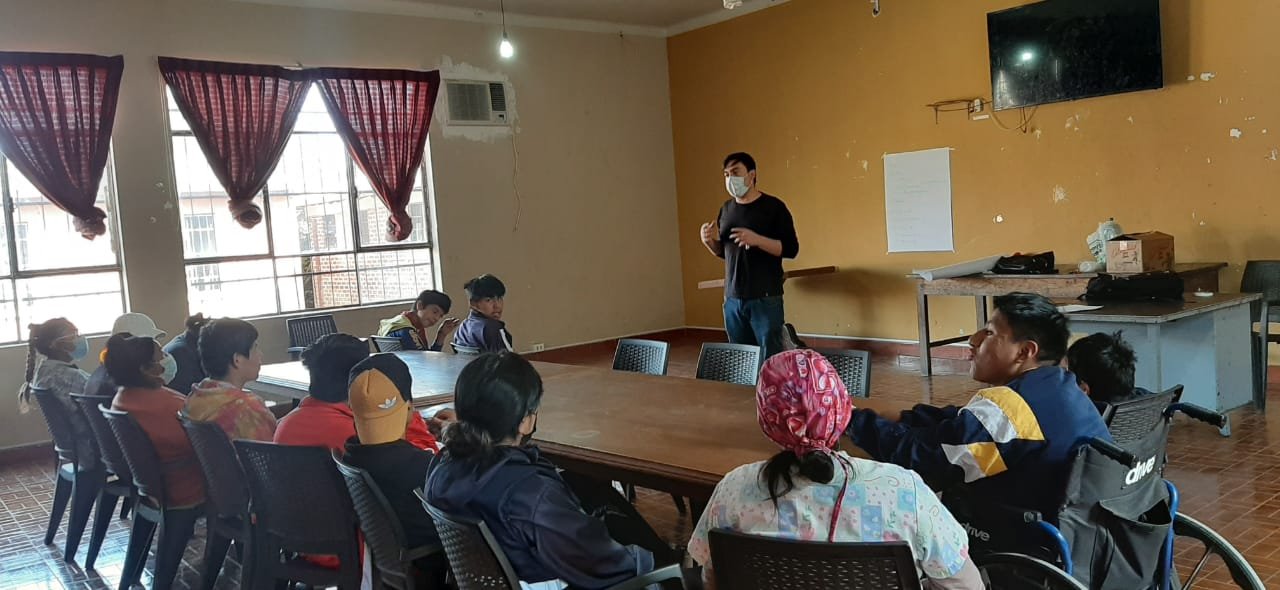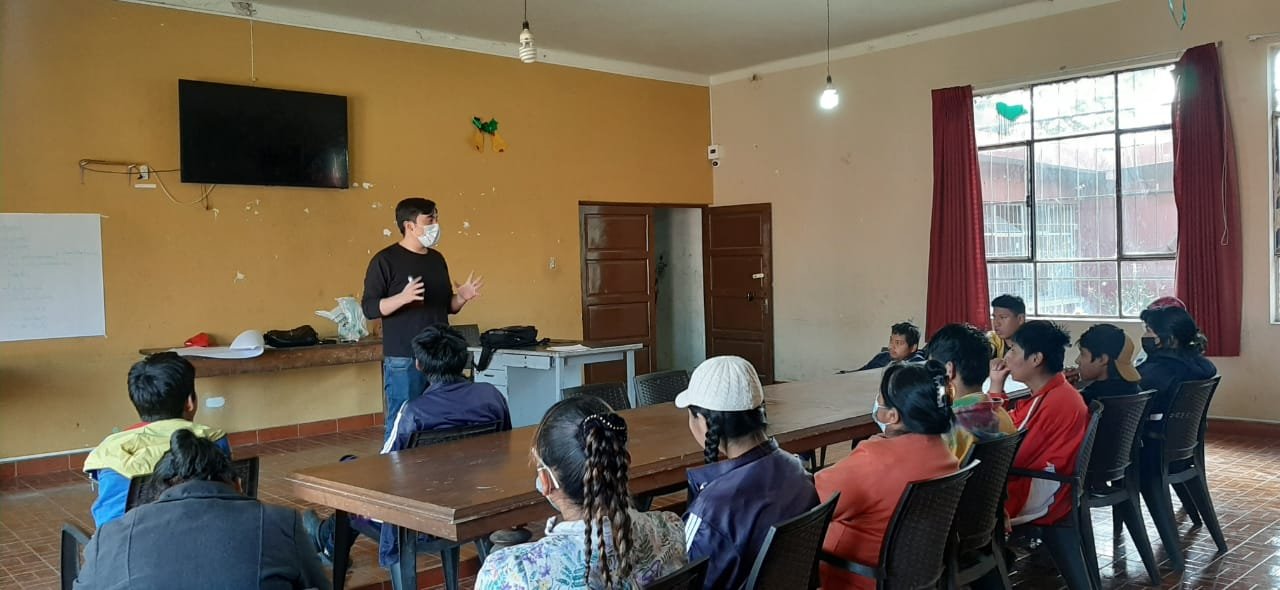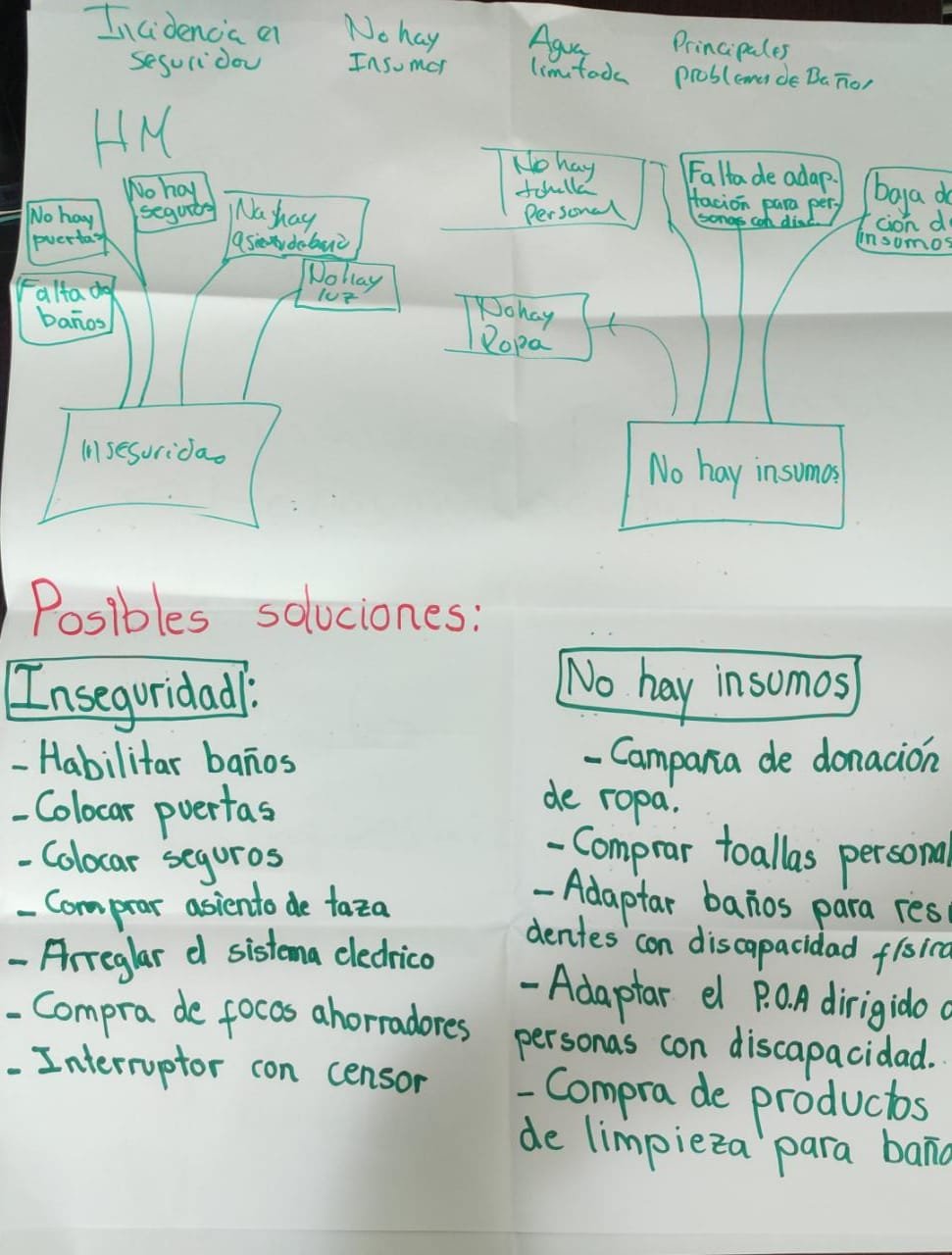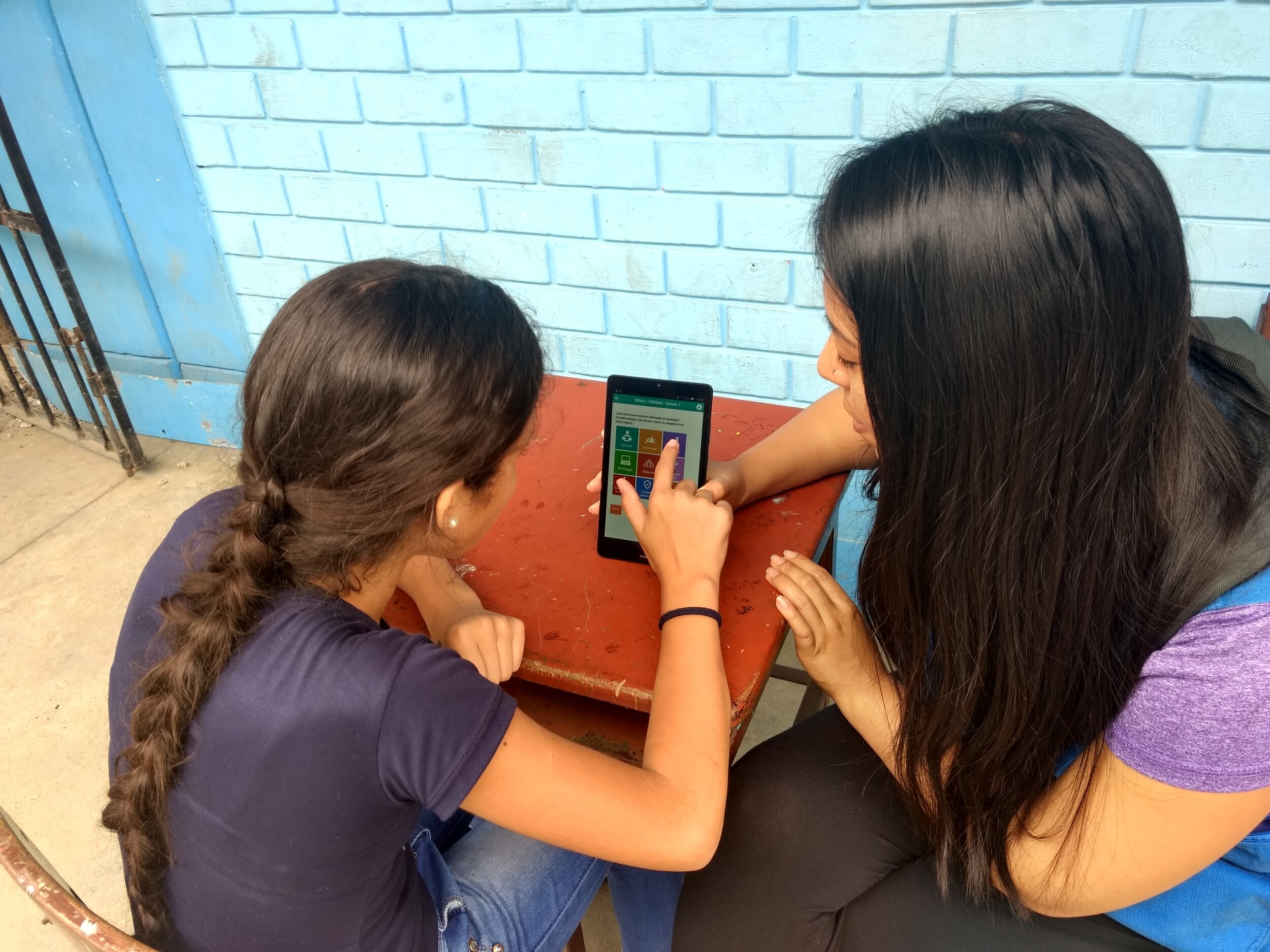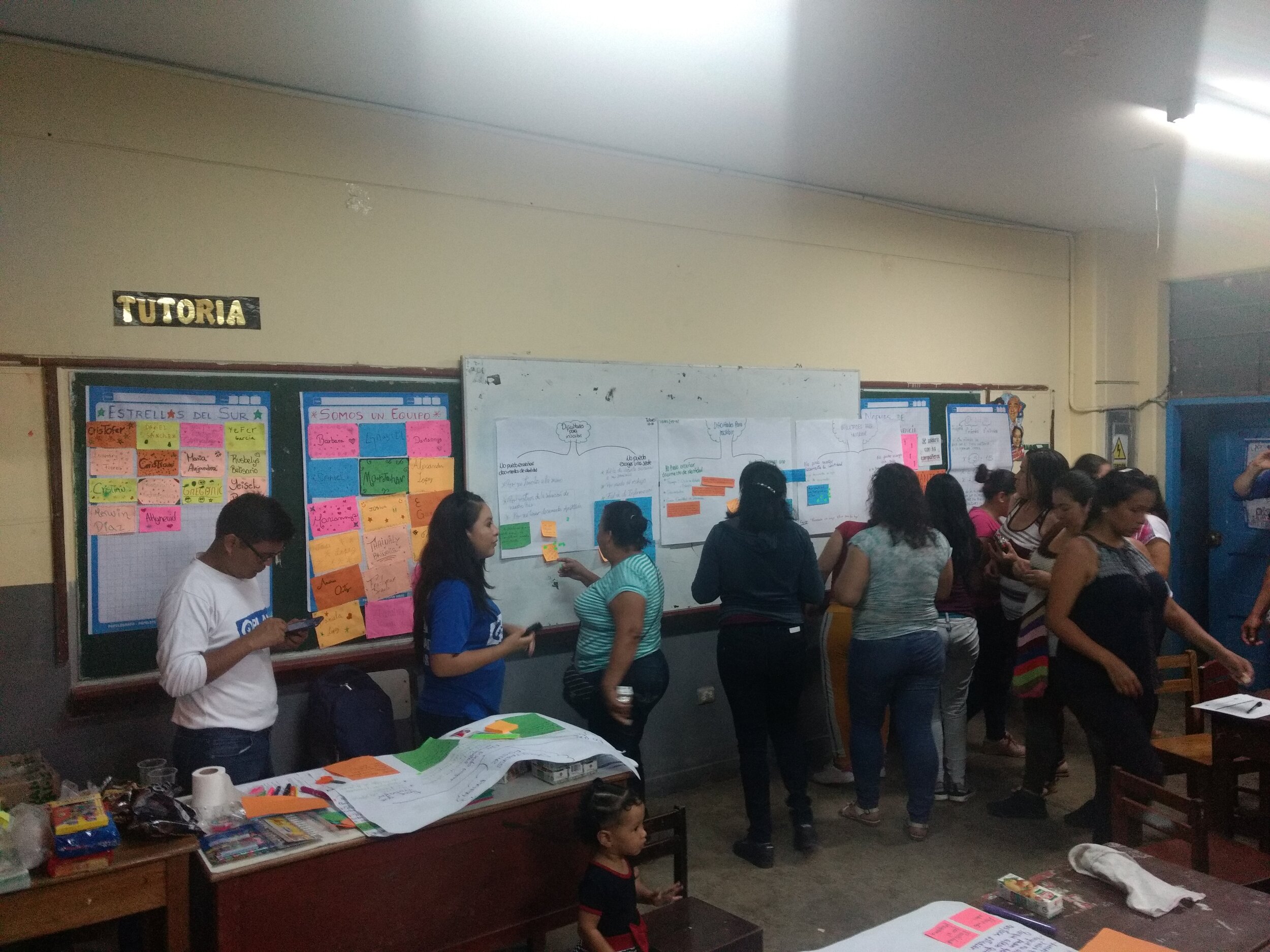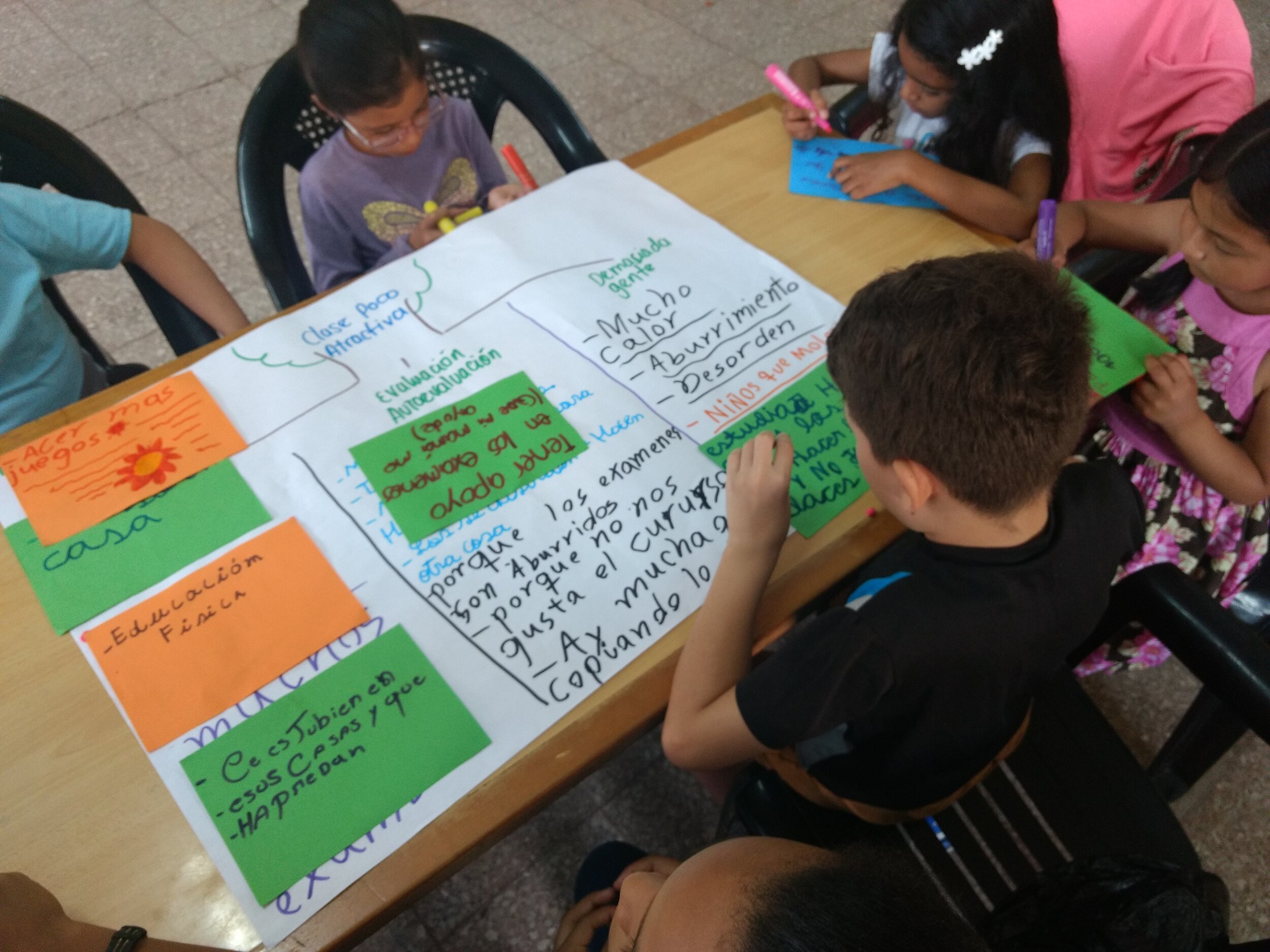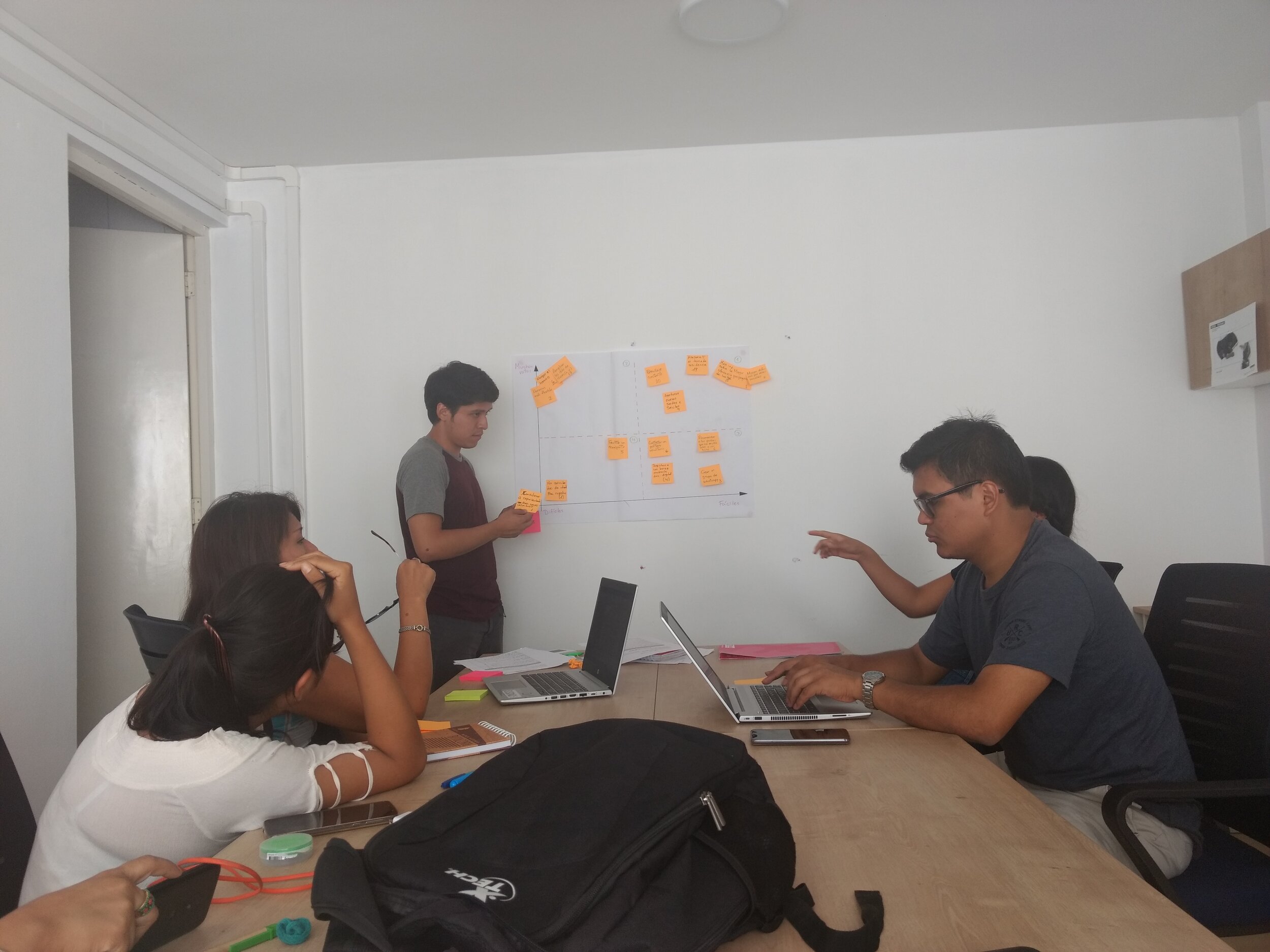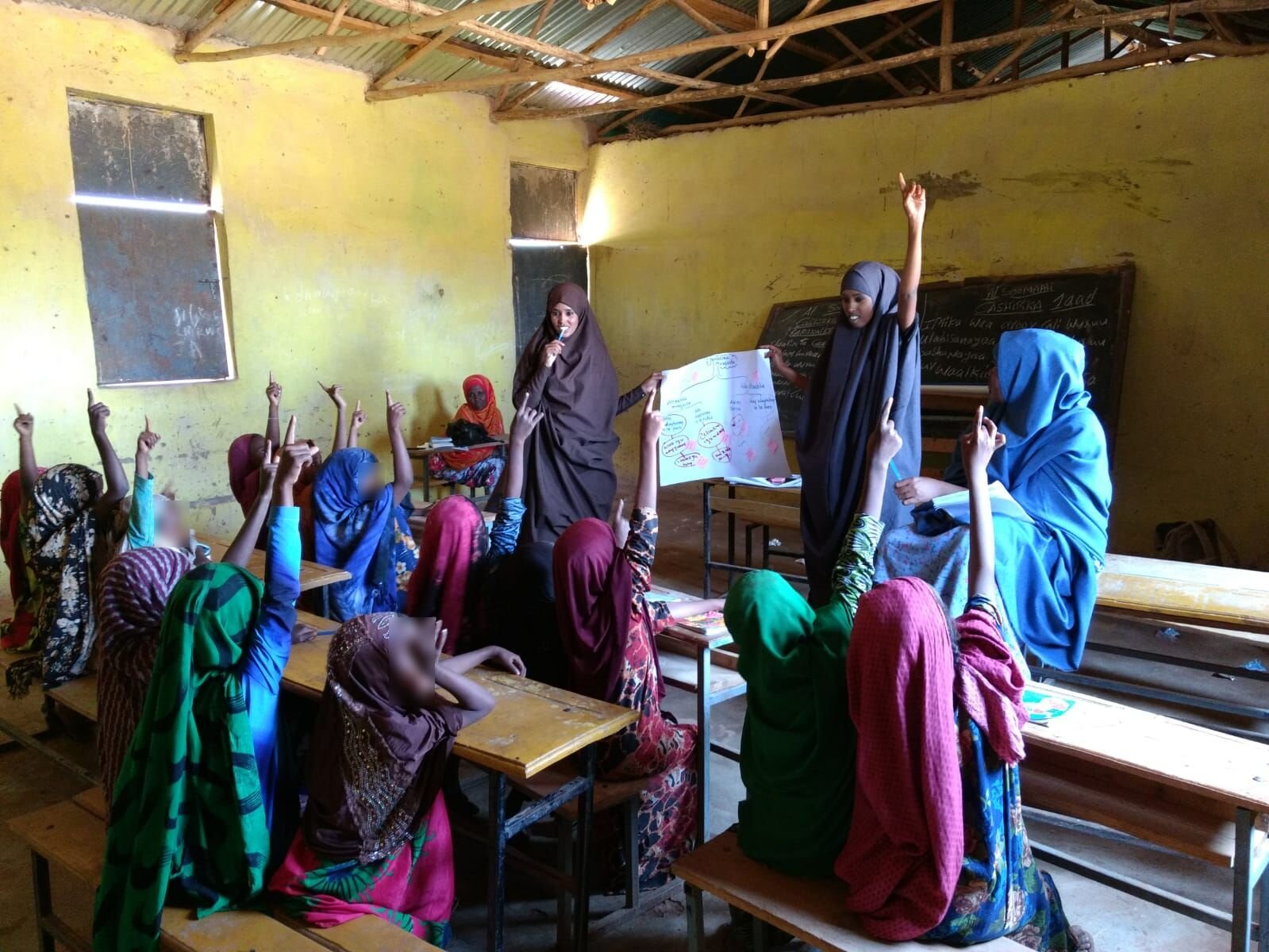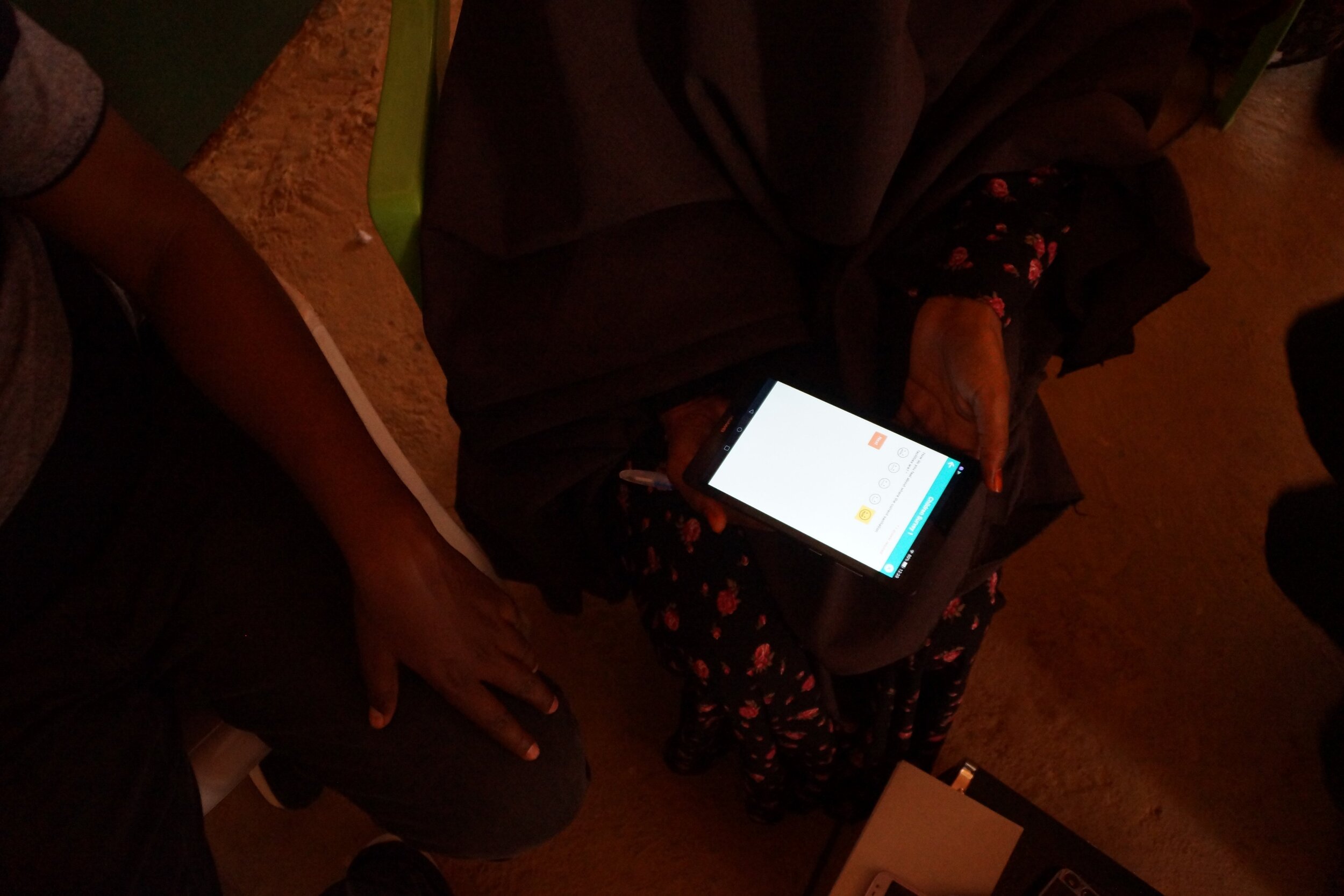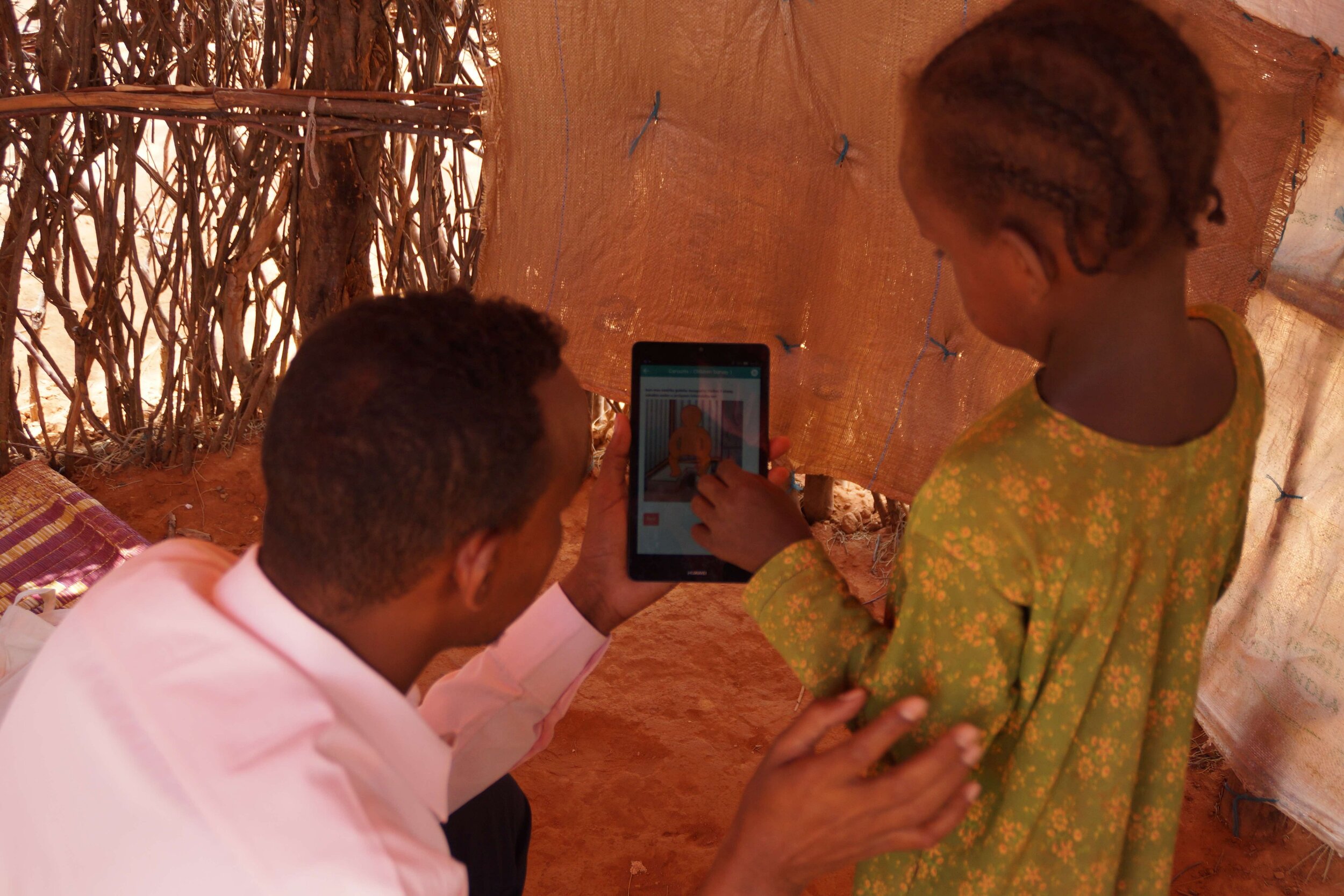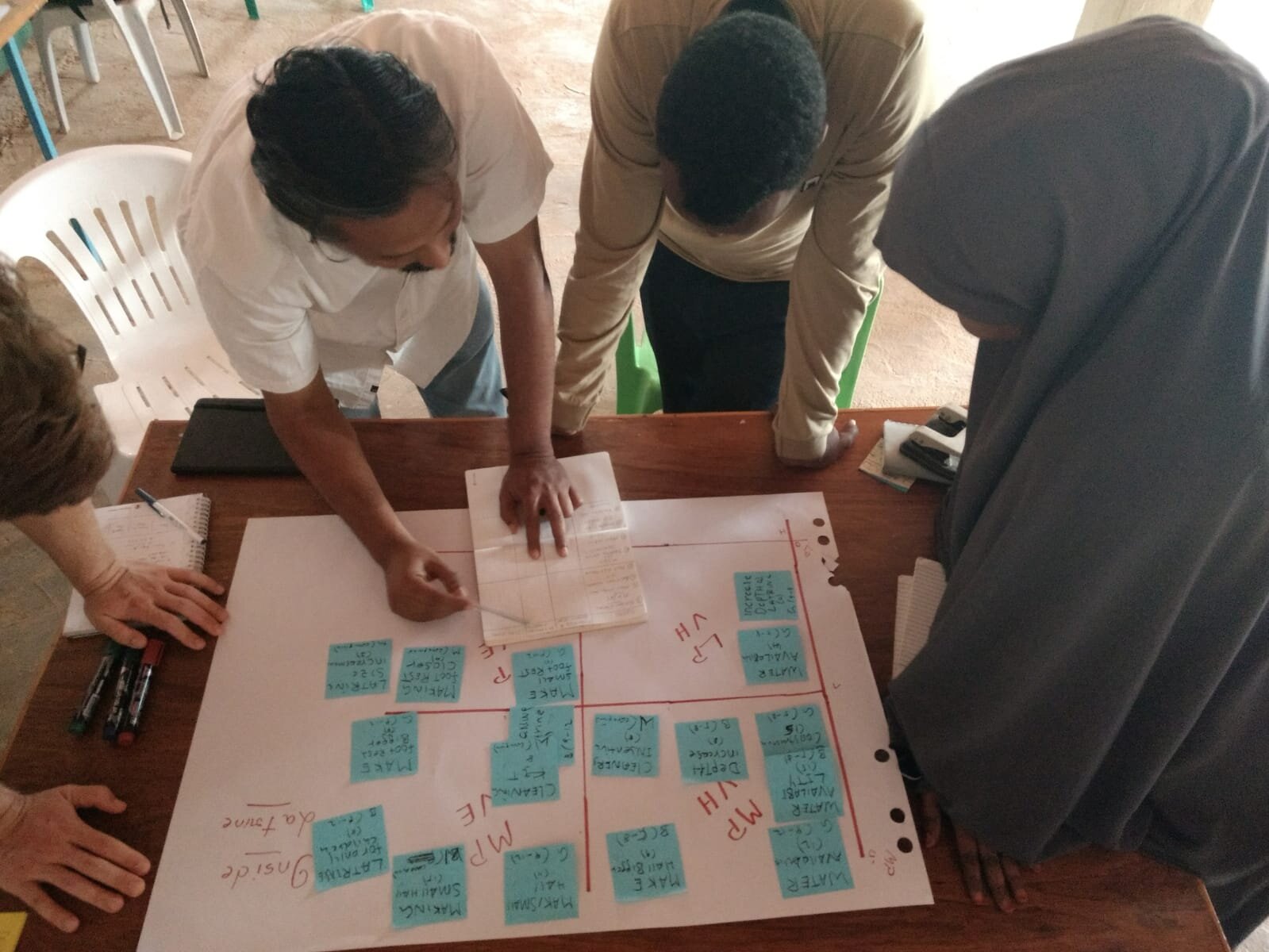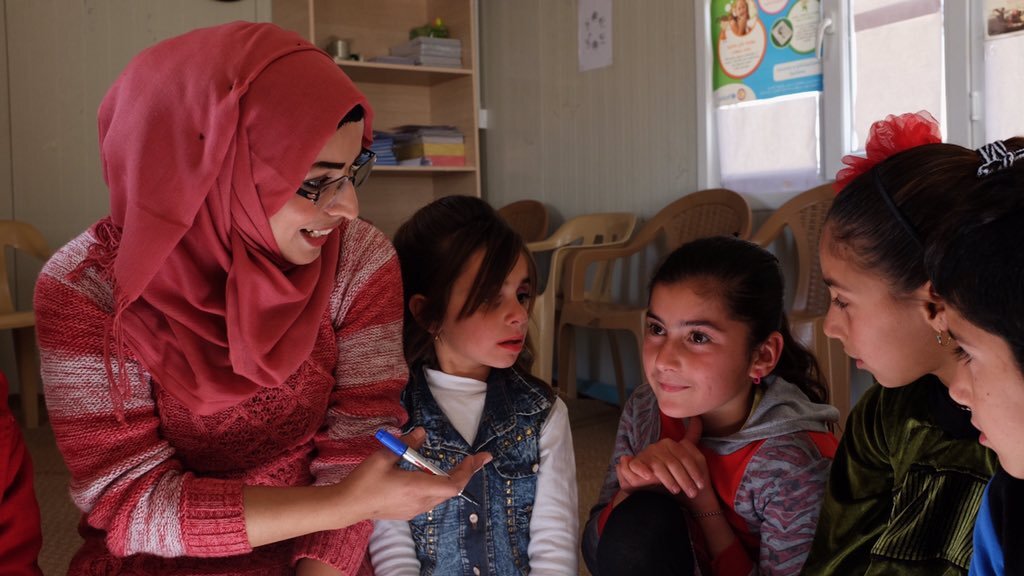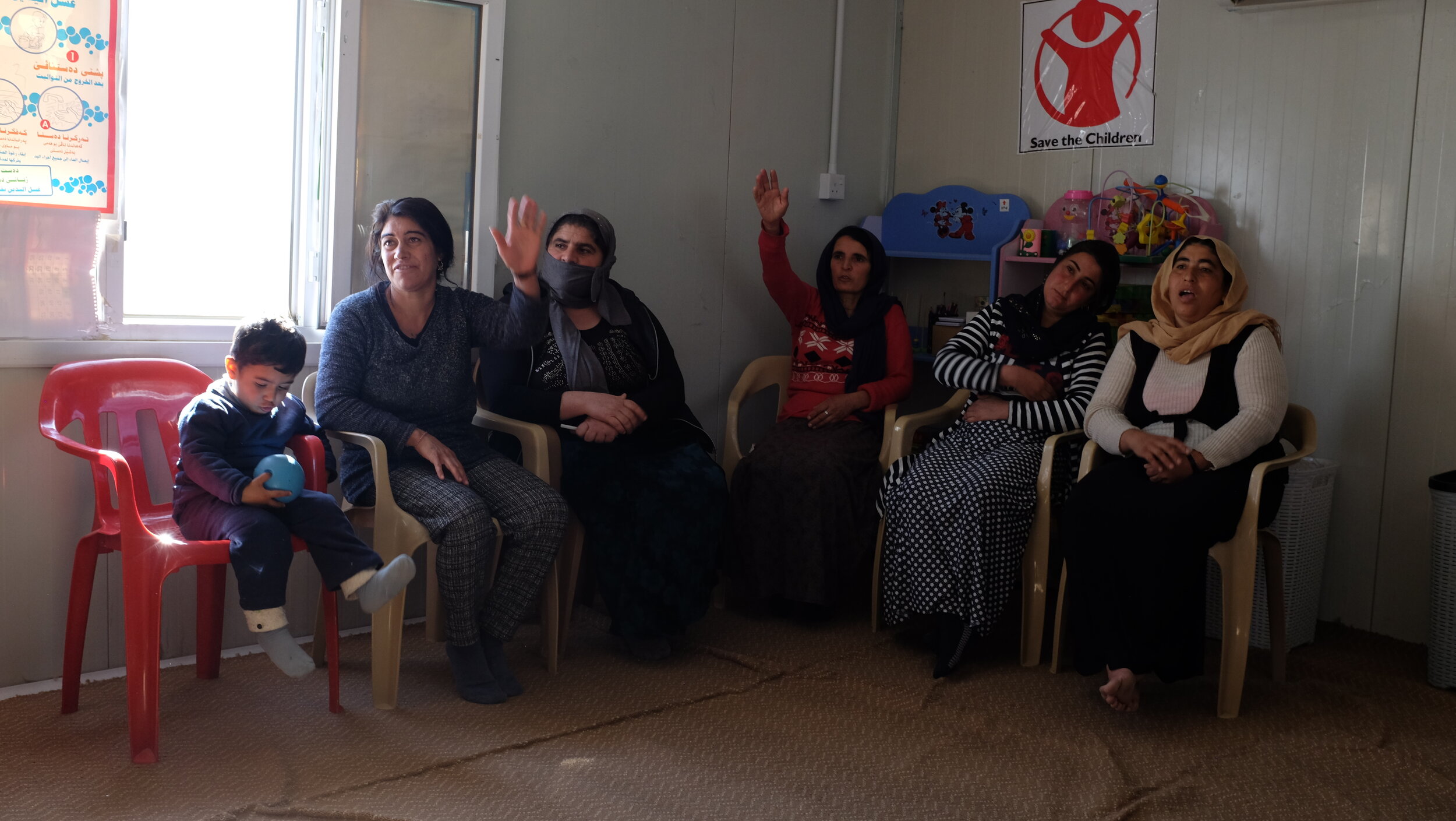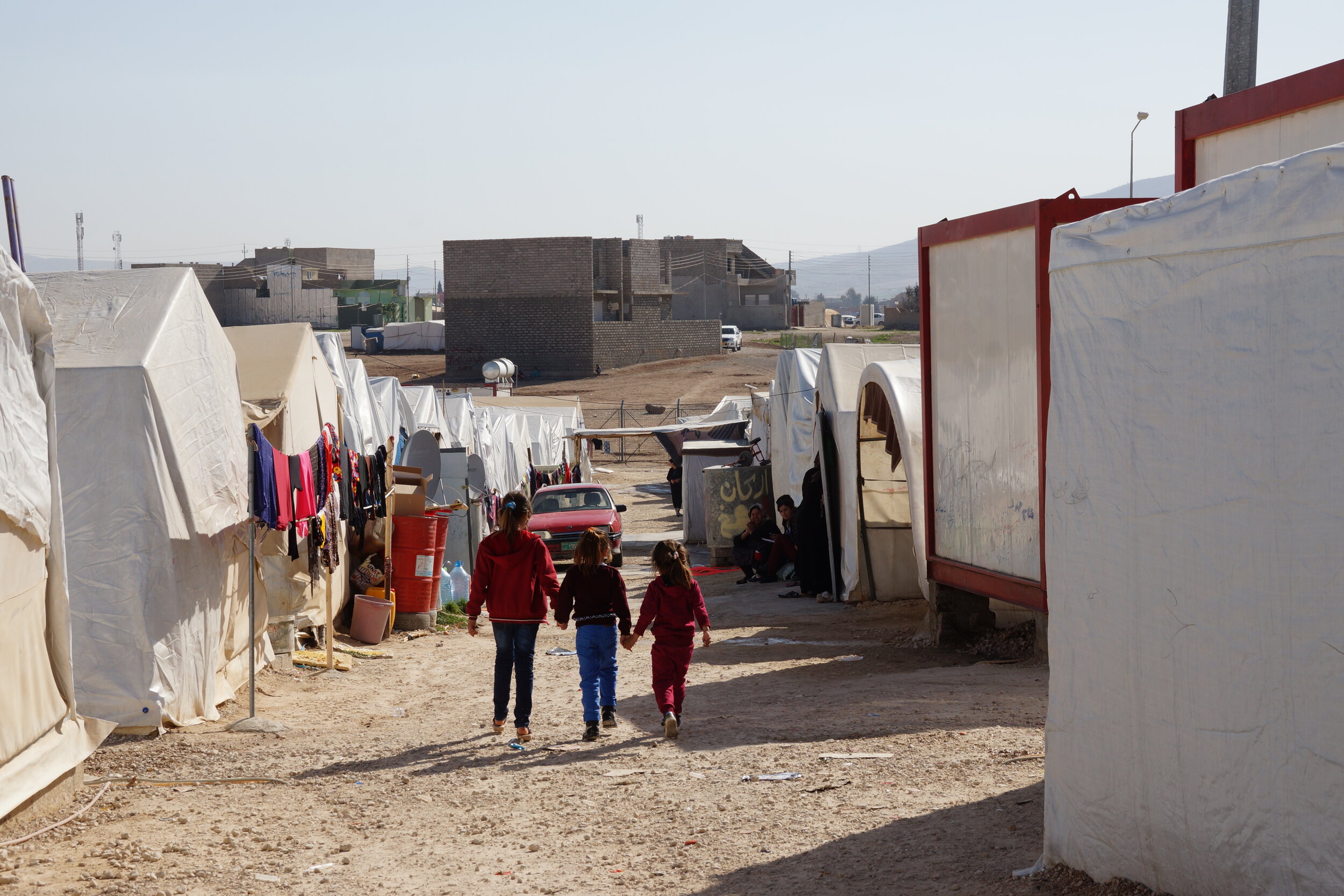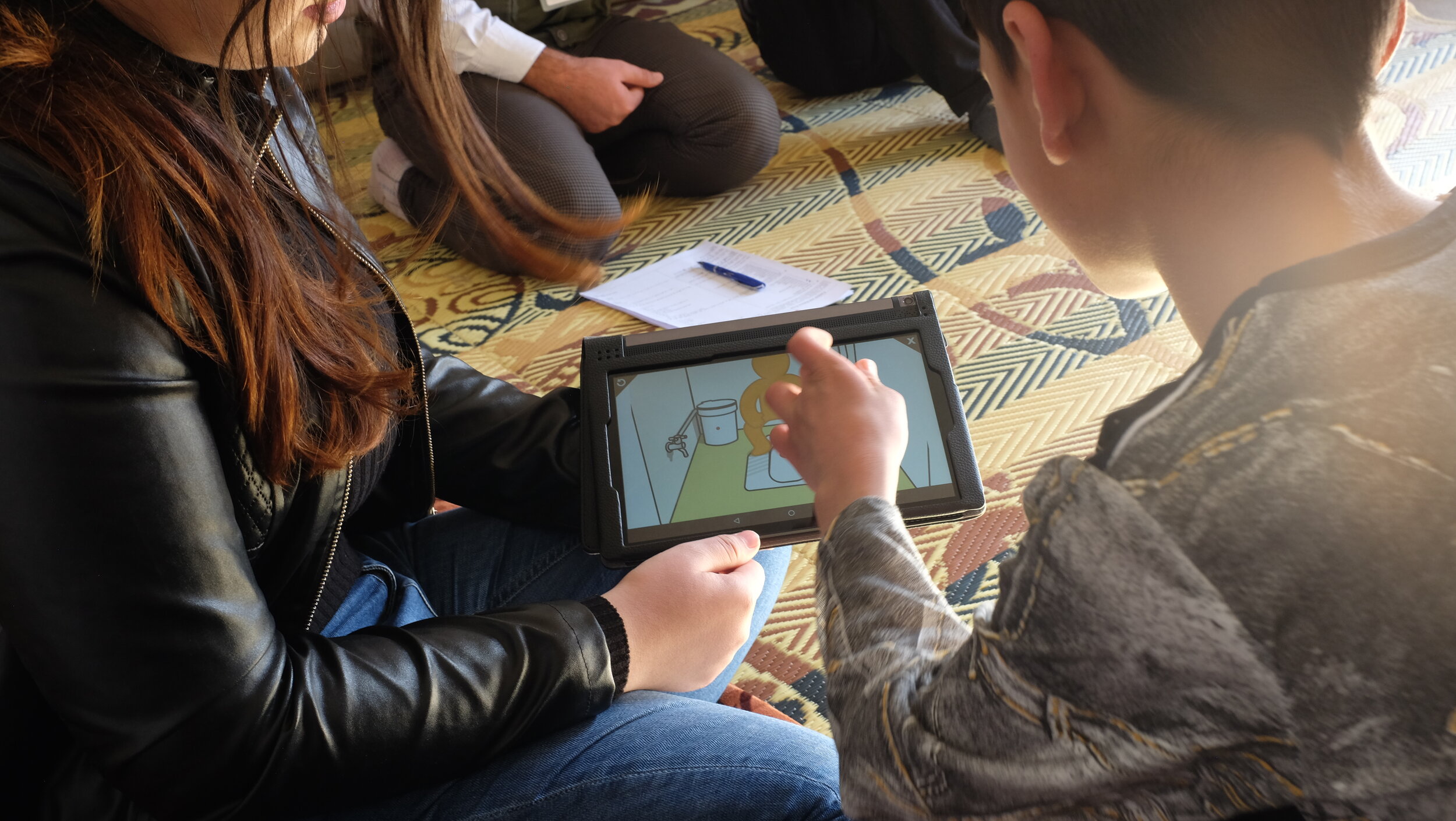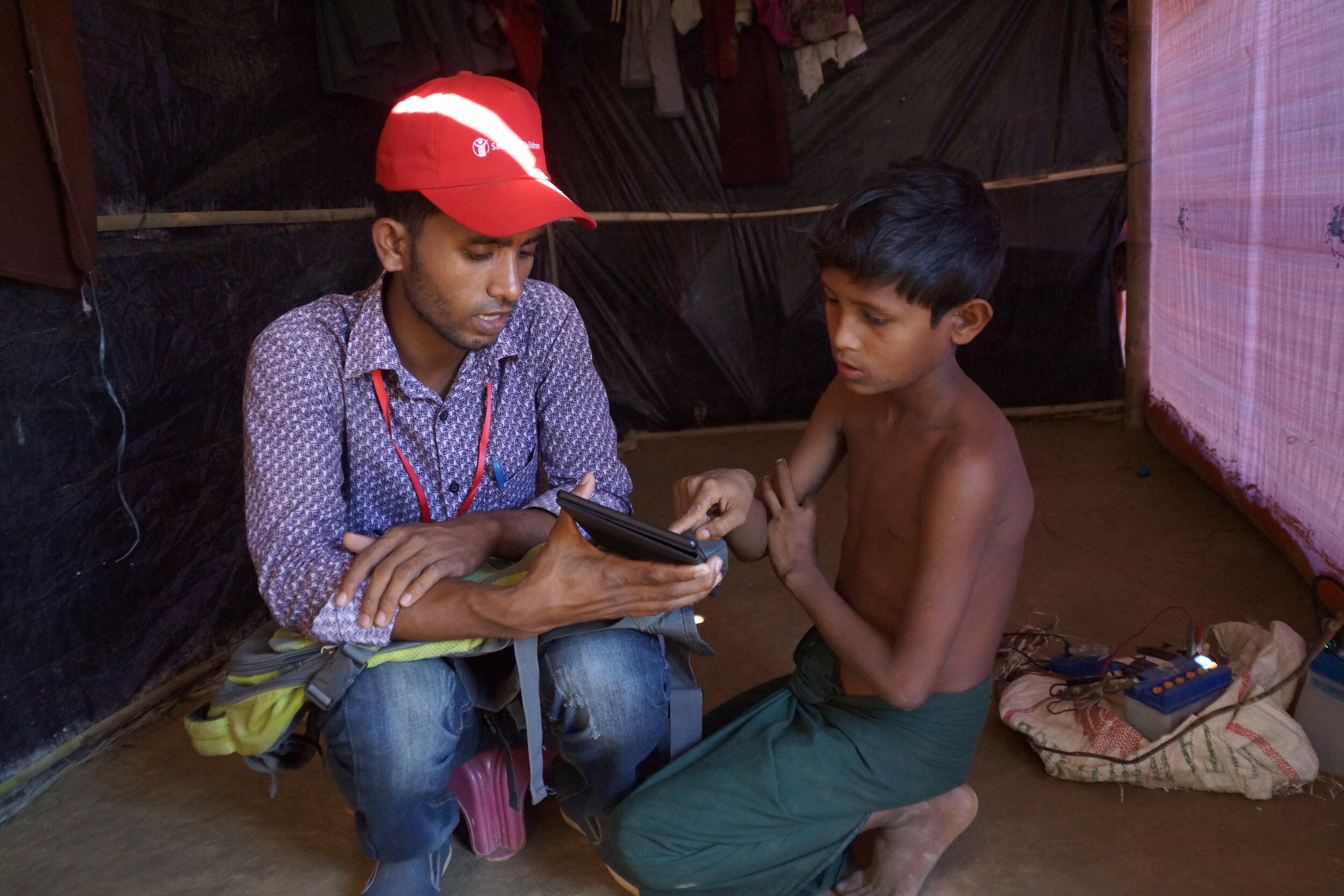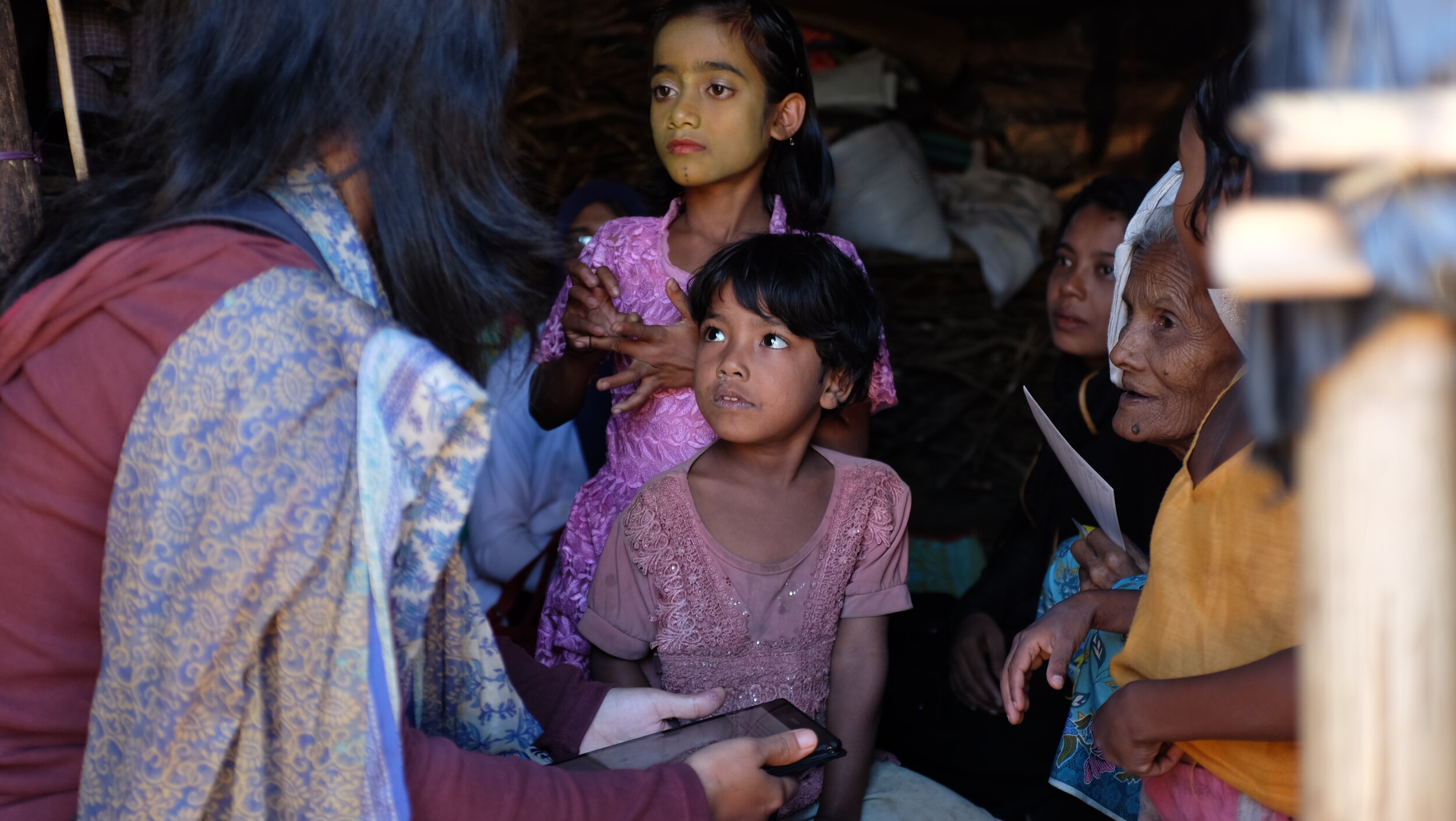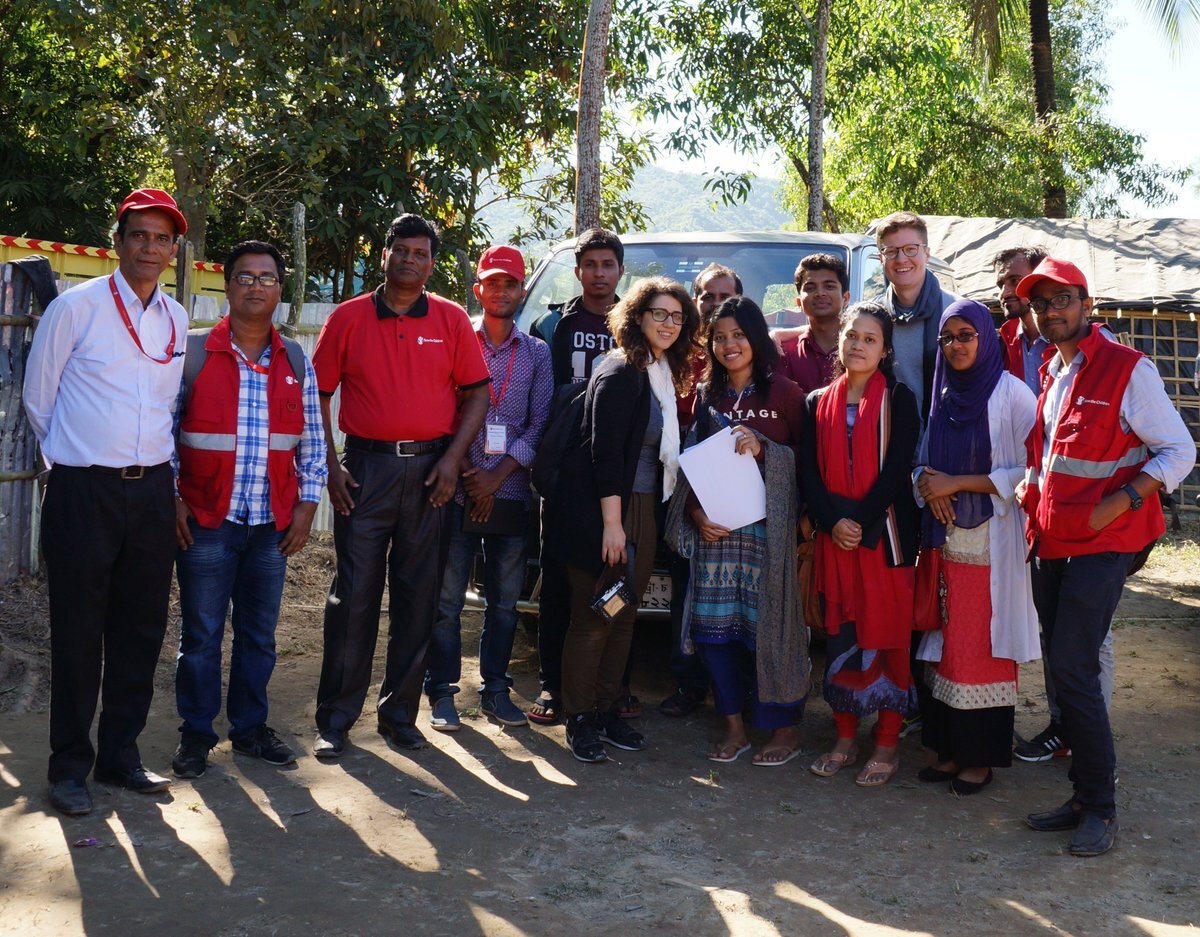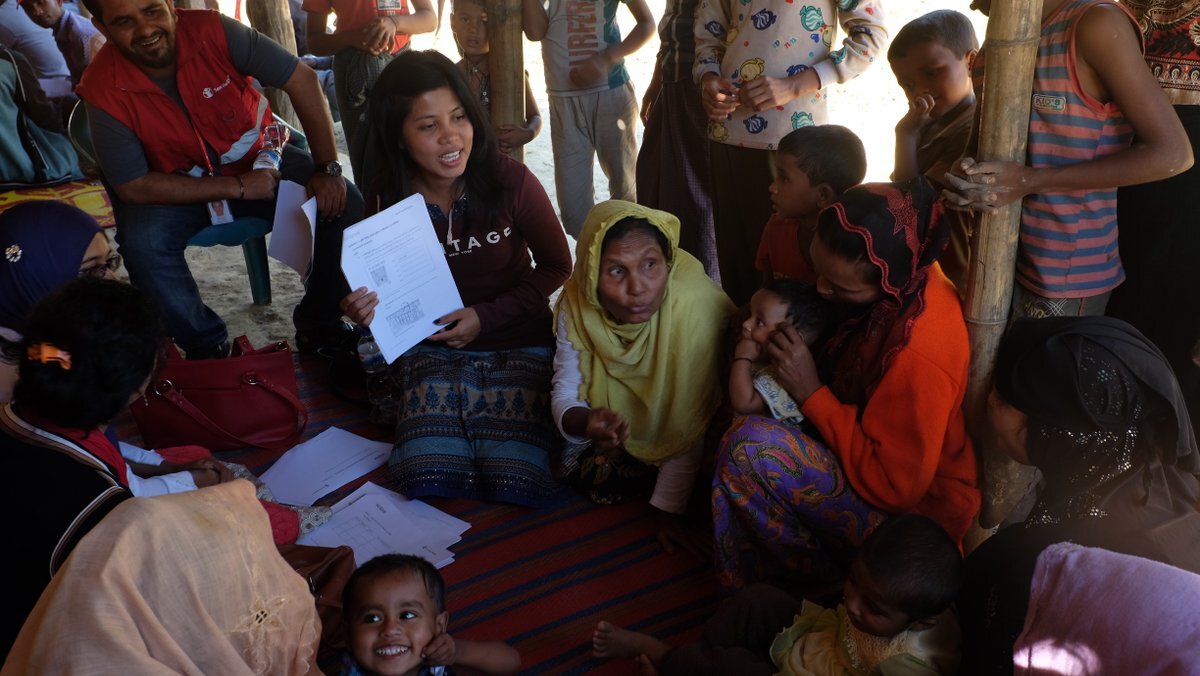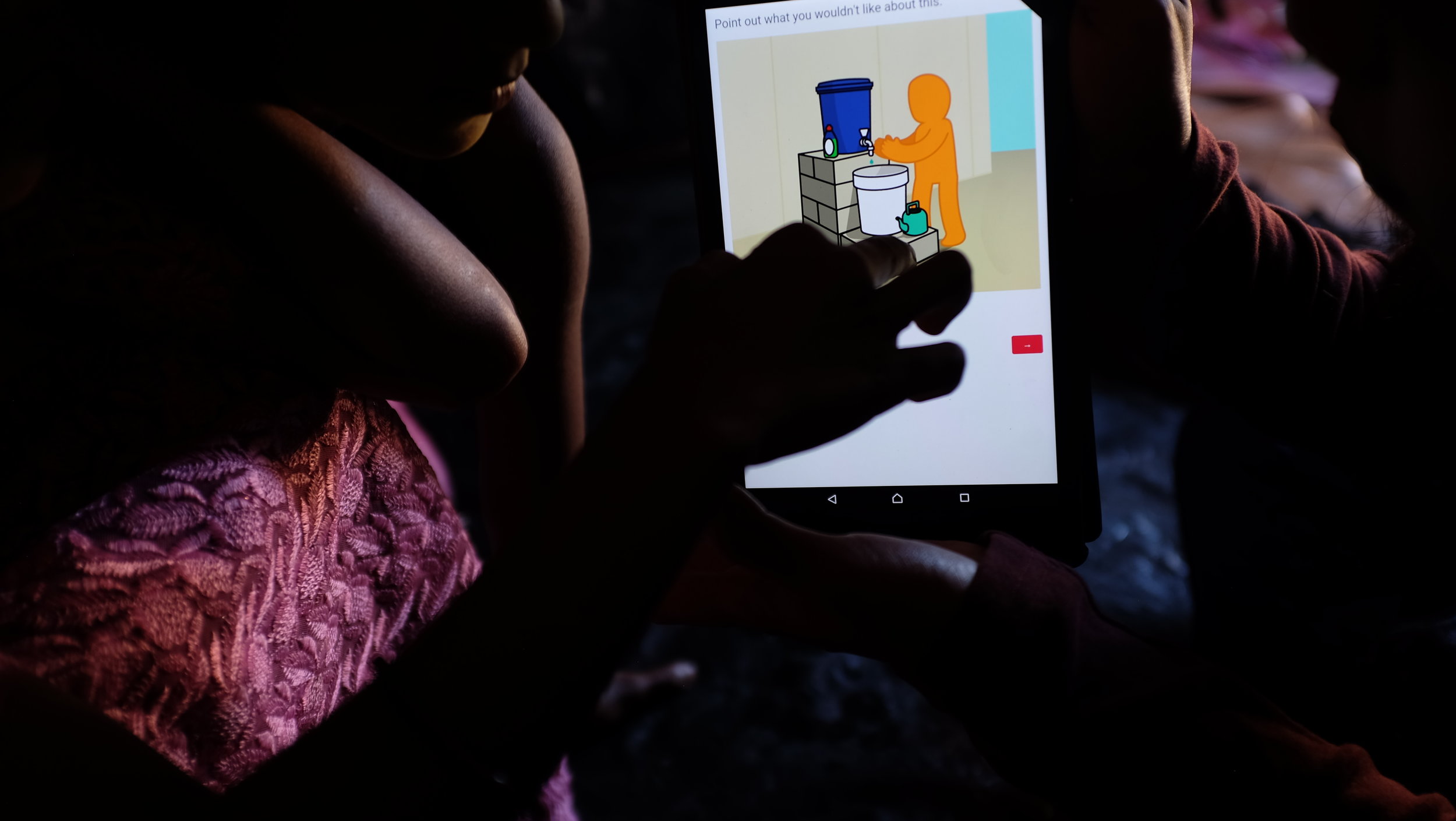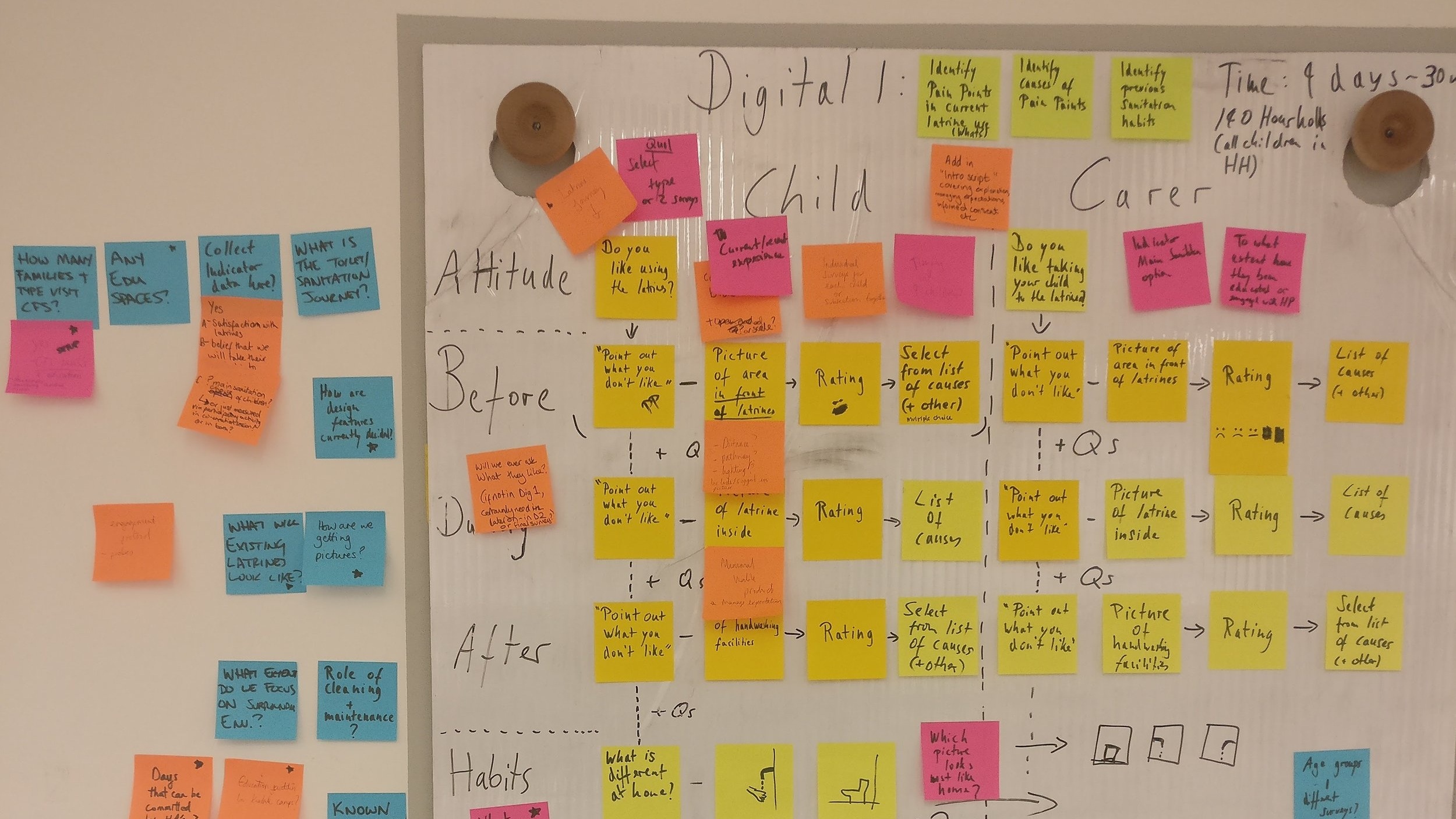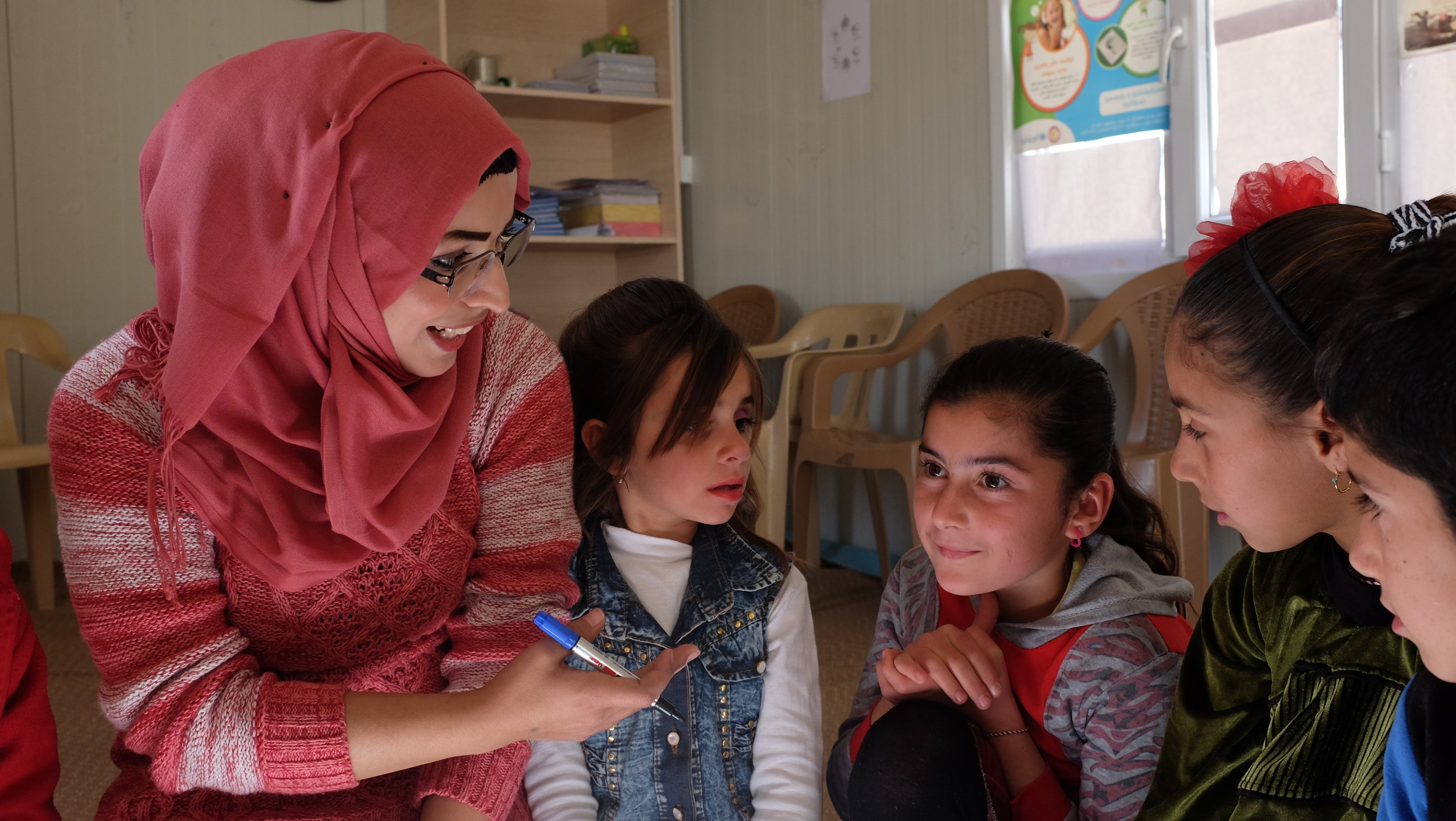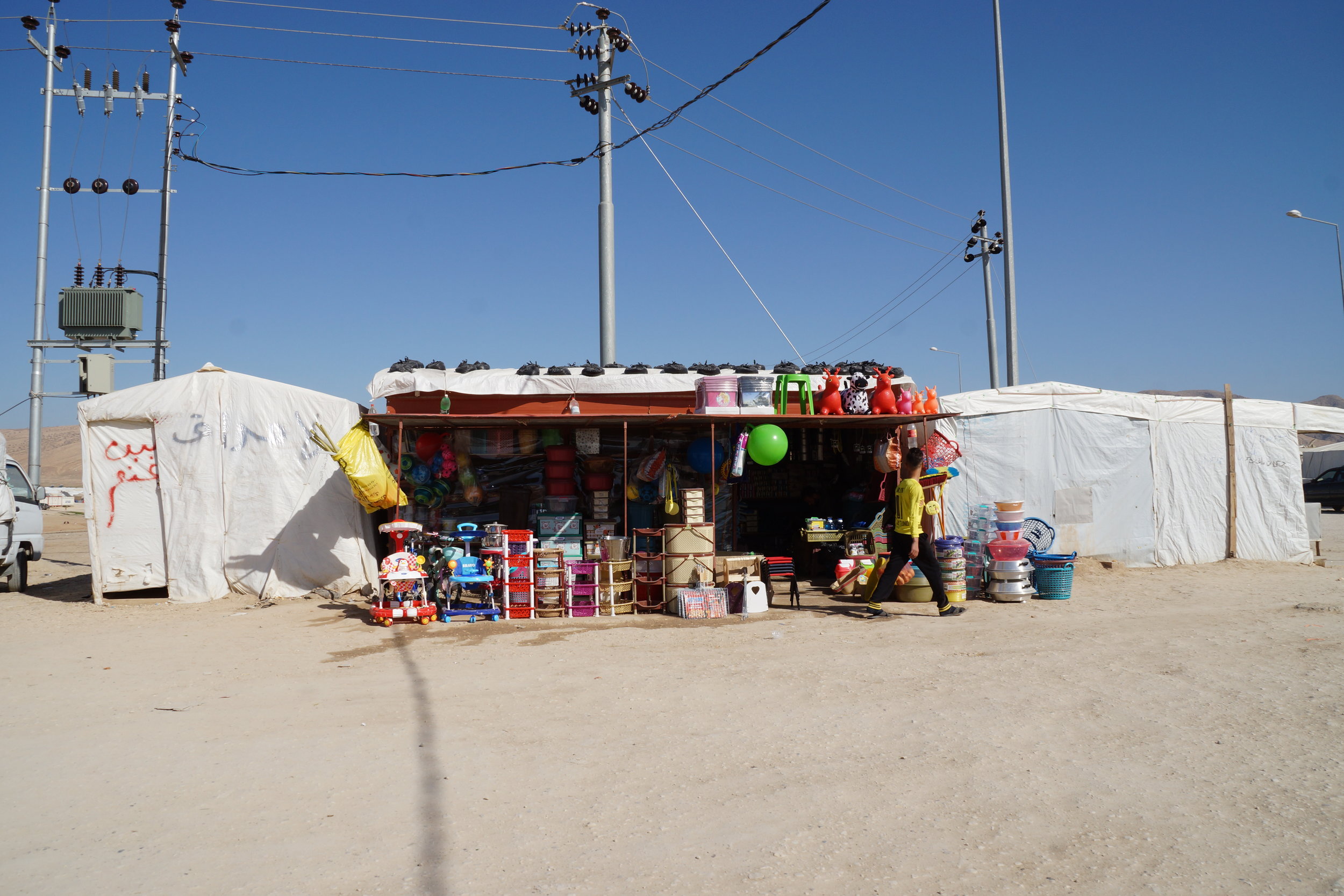In response to the Humanitarian Innovation Fund 2017 WASH Innovation Challenge to develop an innovative rapid community engagement approach to inform emergency WASH programming, Eclipse partnered with Save the Children UK to design and test the User-Centred Community Engagement (UCCE) methodology. The project team piloted the methodology in Bangladesh and Iraq, where UCCE was used by Save the Children staff to engage children aged 5-12 years and their primary caregivers in the design of child-friendly sanitation facilities. The successful pilots resulted in UCCE achieving proof of concept.
UCCE beyond WASH
UCCE focused on WASH programmes in three different rapid onset emergencies during the ‘proof of concept’ and ‘functional prototype’ phases. However, working with Plan International UK in Peru in 2020 and with Save the Children Italy and Save the Children Italy and Save the Children Italy in Bolivia in 2022, UCCE supported programmes beyond WASH and worked with affected populations in an urban environment. This wider topic focus and engagement of urban populations was a new challenge for UCCE and marks a new chapter for UCCE’s wider adoption and use.
Bolivia 2022: Power 4 AY
Who was involved
The fifth UCCE deployment was implemented by a multidisciplinary team of design and humanitarian experts:
Eclipse Experience design researchers;
Save the Children Italy;
Save the Children Bolivia; Power 4 AY- Pathways tO Wellbeing, Empowerment, and Resilience for Adolescents and Youth team (a part of the Youth Empowerment Bvlgari (YEB) Programme.
What we did
Two Eclipse researchers and one Project Lead worked to implement this pilot in Bolivia. Prior to field work, we adapted the UCCE guidance materials based on learnings from Peru and created new training, new surveys and other materials adapted to the needs of the Bolivian team and focused on the topics of WASH, menstrual hygiene, and empowerment. . All of the communication between Eclipse and Save the Children Bolivia happened remotely using email, shared drives and video conferences. In addition, all training of the Save the Children Bolivia team happened remotely over video conference. The Eclipse team remained on hand to support the local team with questions that arose when deploying the surveys, completing the surveys and following the UCCE process overall. For the first time, the entire UCCE deployment happened without any local Eclipse team support. Following the completion of all of the UCCE steps by the local team at Save the Children Italy, the Eclipse team carried out a range of remote interviews with the implementing team to understand implementation insights as an input to the final ’lessons leant’ report.
What we learned
A full version of insights from the Bolivia deployment can be found in the 'Lessons Learnt Brief – Deployment of User-Centred Community Engagement (UCCE) in support of second phase BOL_YEB POWER 4 AY'. In addition to this please find a summary of lessons learnt below.
Training material (in Spanish) is reasonably comprehensive and did not need much adaptation from materials used in Peru.
Time and attention need to be maintained (during training) as is harder for teams to focus with remote training.
Using illustrations and heatmaps was key to include and engage people with special needs. We can continue to keep improving design and illustrations, by including high contrast mode and other visual improvements.
The interactive survey was a particularly engaging feature of the methodology. However, the lack of suitable tablets made the process of collecting the survey difficult.
Survey output saves considerable team time and allows for a comprehensive access and analysis of the results. However, access was restricted to co-ordinators and different municipalities needed to ‘request’ to see the data.
Most local team members already have some level of familiarity with co-creation methods but still value the continuity of the user centered approach in UCCE.
For implementation in protracted crises, the UCCE decision-making section would benefit from additional guidelines to support mid and longer term planning.
It was difficult to track the extent to which the methodology had or had not been followed by different municipalities.
Bolivia deployment outcomes
Of the municipalities that were part of the UCCE training program, three of the municipalities were involved in the co-creation step of UCCE and by the end of the UCCE project at the end of 2022, implementation had happened in one of those municipalities, Cochabamba.
At the end of 2022, the Bolivia team is in the process of implementing changes in additional municipalities and is replanning deployment of an updated interactive digital survey across additional municipalities.
Eclipse is in active discussions with Save the Children Bolivia about providing ongoing access and technical support for the use of UCCE surveys in Bolivia in 2023 and about wider use of UCCE methodology by the Save the Children Italy team.
Peru 2020: Education Cannot Wait
Who was involved
The fourth UCCE deployment was implemented by a multidisciplinary team of design and education experts:
Eclipse Experience design researchers;
Plan International UK;
Plan International Peru - Aprendiendo Unidos team (a part of the Education Cannot Wait consortium).
What we did
Two Eclipse researchers and one Project Lead worked to implement this pilot in Peru. Prior to field work, we adapted the UCCE guidance materials based on learnings from Ethiopia and created new surveys and materials adapted to the sector and problem space. Upon arrival in Lima, Eclipse team trained the Plan International Peru field team to use UCCE and observed its implementation during the ten-day field visit. During this time the field team implemented UCCE to inform improvements to the design of Aprendiendo Unidos, a non-formal education programme for Venezuelan and Peruvian out-of-school children. To understand the field staff experience with using UCCE, the Eclipse team conducted user research through in-context observations and user interviews. Key insights and implications from this research are outlined in the section below.
What we learned
Click on the links below to download the Insights and Implications briefs for different stages of the UCCE approach based on our user research in Peru.
Training Session Insights & Implications Brief - read about how we trained the field team in Peru and what we learned.
Interactive Digital Surveys Insights & Implications Brief - read about what we learned from observing the implementation of IDS I in Peru.
Interactive Digital Surveys Insights & Implications Brief - read about what we learned from observing the implementation of IDS I in Peru.
Co-Creation Sessions Insights & Implications Brief - read about what we learned from observing the implementation of Co-Creation Sessions in Peru.
Decision-Making Sessions Insights & Implications Brief - read about the Decision-Making Session and what we learned from observing it in Peru.
Planning Sessions Insights & Implications Brief - read about the Decision-Making Session and what we learned from observing it in Peru.
Peru deployment outcomes
Following Eclipse’s return from Peru in February 2020, concerns about what was to become the COVID 19 pandemic became the priority for all concerned. The new context led to a number of key changes:
Firstly, from mid March 2020 the transformation of the "Aprendiendo Unidos" face-to-face non-formal education program into a distance education strategy - in order to mitigate risk but still deliver to the needs of Venezuelan families, migrants, refugees, and asylum seekers, as well as Peruvian families.
Secondly, due to the crisis and the to distance education strategy, it was not possible or necessary to make a number of the suggested changes that were highlighted from the UCCE research: Suggested changes to "Aprendiendo Unidos"
Lastly, it was not possible for Plan International UK to carry out in person follow up interviews. However, in this regard, the team worked together to also make remote interviewing possible. Follow up report from remote interviewing
The results of which show that despite the challenges and background of the COVID 19 pandemic there was a marked increase in participants confidence that Plan International UK would listen and act on feedback.
Functional prototype testing
Building on lessons learned in the Bangladesh and Iraq pilots, Eclipse team, together with Save the Children UK and our new humanitarian partner, Oxfam GB, developed a scale-up plan for UCCE. With further funding from the HIF and Oxfam, we refined the UCCE methodology and built a functional prototype of an open source digital toolkit that supports UCCE implementation.
Ethiopia 2019: WASH
In October 2019, Eclipse and Save the Children piloted the refined methodology and the prototype in the Tukaley village in the Somali region of Ethiopia. During this pilot children and caregivers were engaged in the design alterations of child-friendly sanitation facilities.
Who was involved
The third UCCE pilot was implemented by a multidisciplinary team of design and WASH experts:
Eclipse Experience design researchers
SCUK Humanitarian WASH Advisor
SCI Ethiopia WASH manager and two WASH officers
SCI Ethiopia MEAL Manager
The pilot was also supported by SCI Ethiopia Country team and Gode field team and five data collectors.
What we did
Two Eclipse researchers and the SCUK Humanitarian WASH Advisor trained the Save the Children field team to use UCCE and observed its implementation during the two-week field visit. During this time the field team implemented the first several stages of UCCE to inform the design of communal child-friendly sanitation facilities, including the first round of Interactive Digital Surveys and Co-Creation Sessions. To understand the field staff experience with using UCCE, the Eclipse team conducted user research through in-context observations and user interviews. Key insights and implications from this research are outlined in the section below.
What we learned
Click on the links below to download the Insights and Implications briefs for different stages of the UCCE approach based on our user research in Ethiopia.
Training Session Insights & Implications Brief - read about how we trained the field team in Gode and what we learned.
Launch Session Insights & Implications Brief - read about the Launch Session and what we learned about launching UCCE in crisis-affected communities.
Interactive Digital Surveys Insights & Implications Brief - read about what we learned from observing the implementation of IDS I in Ethiopia.
Co-Creation Sessions Insights & Implications Brief - read about what we learned from observing the implementation of Co-Creation Sessions in Ethiopia.
Decision-Making Sessions Insights & Implications Brief - read about the Decision-Making Session and what we learned from observing it in Ethiopia.
Ethiopia pilot outcomes
Following the implementation of design alterations in Tukaley and the deployment of Interactive Digital Survey II, we put together a brief detailing the outcomes of this pilot. Click below to explore the results:
Proof of concept
Iraq 2018: WASH
In 2018, Eclipse and Save the Children tested the UCCE methodology with the Yazidi community in the Sharia Displacement Camp in Kurdistan, Northern Iraq. During this pilot 407 children and 167 caregivers were engaged in the design alterations of child-friendly sanitation facilities.
Bangladesh 2017: WASH
In 2017, Eclipse and Save the Children tested the UCCE methodology with the Rohingya community in the Jadimura Displacement Camp in Bangladesh. During this pilot 200 children and 143 caregivers were engaged in the design of new child-friendly sanitation facilities.
Read about Bangladesh pilot background, outcomes and feedback.





